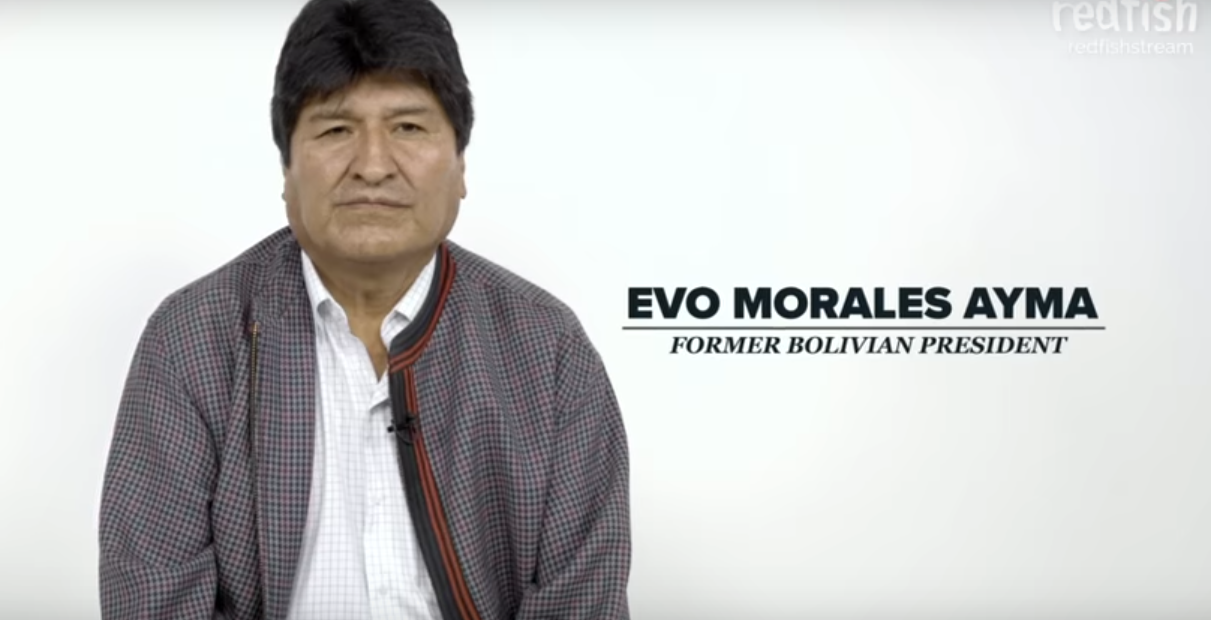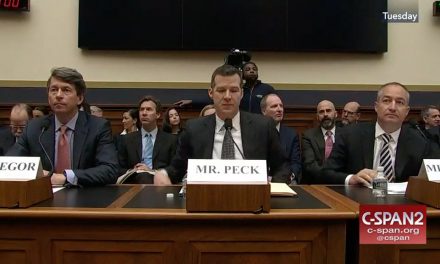Evo Morales, former President of Bolivia responds to questions about the reason for the U.S. backed Coup that ousted him from his democratically won term as President; how he built a people first government; and the role of the United States, the United Kingdom, and the other western allies in Latin America.
While there is debate around “how” Evo Morales governed, the undisputed facts show that President Morales dramatically reduced poverty, grew the economy, and successfully built a more fair and just society in Bolivia. Here are some of the outcomes of his Presidency:
- Grew Bolivia’s total Gross Domestic Product 400 percent from $9 billion in 2005 to $36 billion in 2018.
- Increased Bolivia’s international reserves to 48 percent of GDP.
- Implemented an anti-neoliberal program, that grew the economy an average 5% per year since 2006, compared to just 2.8% growth during the years 1951-2005.
- Helped facilitate the passing of a new constitution that prioritized Bolivian investments over foreign investments, and increased autonomy and political participation for the country’s indigenous population.
- Implemented a variety of state funded social programs that reduced extreme poverty by 16.6 percent, from 38.2 percent in 2005 to 21.6 percent in 2012.
- Adopted several macro-economic policies that increased state revenues by nationalizing the country’s natural resources.
- Increased investments in public program spending by more than 750 percent.
- Reduced poverty from 60.6 percent of the population in 2005 to 38.6 percent in 2016.
- Reduced extreme poverty (those living on less than $1.25 per day) from 38 percent to 16.8 percent.
- Reduced unemployment to below 4 percent (the lowest in Latin America) from 8.5% in 2005.
- Allocated more than US $1 billion for 5,000+ small development projects throughout the country including the construction of medical clinics, schools and gymnasiums.
- From 2005-2013 Bolivia increased its real minimum wage 104 percent. This was a key contributing factor to the country’s big reduction in poverty, and the highest increase of any other Latin American country.
- By promoting strong food security policies Bolivia saw a rapid 7.4 percent decline in hunger from 2009-2011 and 2012-2014.
- Reduced chronic undernourishment in children less than three years of age from 41.7 percent in 1989 to 18.5 percent in 2012.







Recent Comments